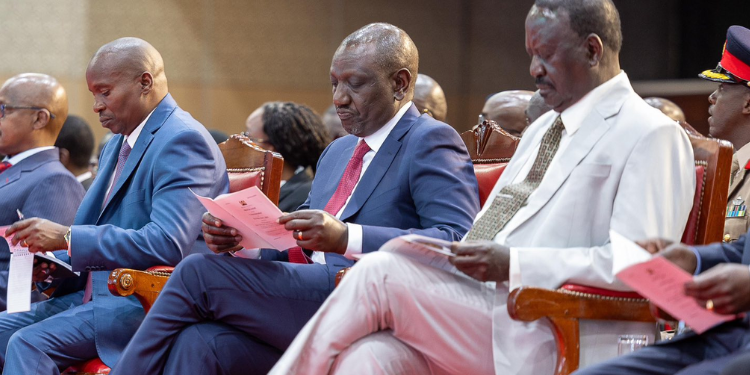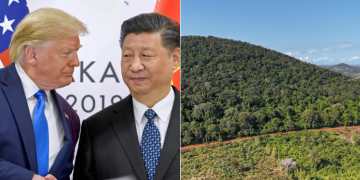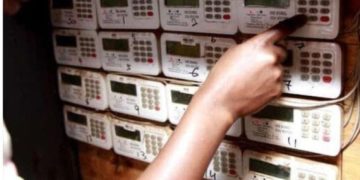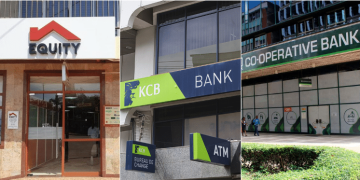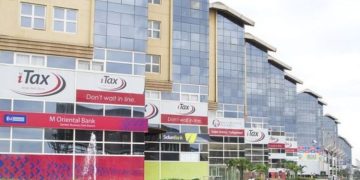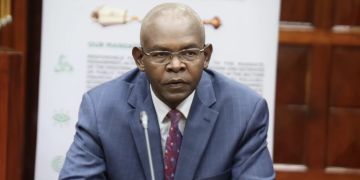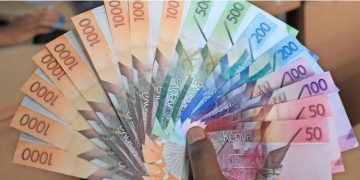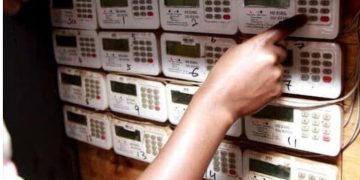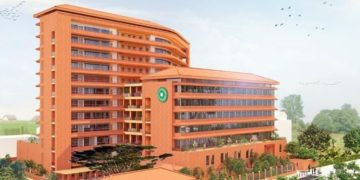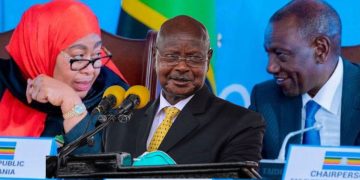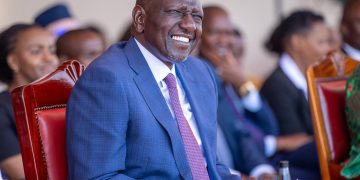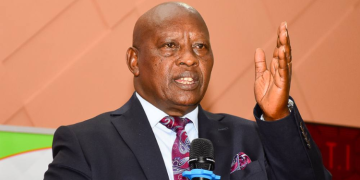The Kenyan economy remains tied to the life support of debt, peasant agriculture, and largely the informal sector.
Income inequality, poverty, and unemployment remain major defining features of our economy. Yet the progressive and transformational 2010 Constitution re-imaged and re-configured the country.
Its principles and values reflect the past journey and cast the vision for the future based on equality, inclusion, participation, openness, and sustainability.
The Constitution outlines the sovereignty of the people, the primacy of the Constitution, social and economic rights, devolution and dispersal of powers and resources, an equal society, and public expenditure guaranteeing equitable development, fair taxation, and ethical governance as the core building blocks of the vision.
Also Read: Katiba Day: Why Ruto Opposed Kenya’s 2010 Constitution
The country must radically restructure and democratize the economy, coupled with a fundamental shift of power from Nairobi to people at the periphery, and end the era of top-down centralised governance. The country must fire with all engines.
Additionally, the country will need to usher in the new era of Economic Democracy Moment. It is the moment for democratic consolidation to achieve larger economic and human freedoms.
Foundations for Kenya’s Economic Democracy
The realisation of economic democracy will be through Pivot Devolution and Local Economic Development (LED). Pivot Devolution and the LED plan are the foundational basis of implementing the 2010 Constitution building blocks.
Also Read: Katiba Day Without Constitutionalism Is Just Hypocrisy Day
It is the surest way to build a people-centred, strong, and progressive country, achieve a middle and below-inclusive economy, ensure labour productivity, address the legacy of historical marginalisation and exclusion, guarantee the rule of law and access to justice, offer people-centred security and safety, and deepen a participatory democracy system of governance.
Devolution and LED enable Kenyans to tap their local unique potential and prioritise local needs as well as address the local legitimate aspirations of today’s youth and working population away from the centrally controlled economy, security, and governance
Looking at the bigger picture of the emerging global economy, trade and competitiveness, Kenya needs a stronger rule of law and better governance; human capital investment, market-creating innovations and technology; competitive tax and business-friendly legal regulatory environment; economic diversification, regional trade and export industrial production; mobility, connectivity and better infrastructure; and cheap green energy supply
Writer is Transitional Justice and Human Security Fellow @NdunguWainaina
Follow our WhatsApp Channel and X Account for real-time news updates.
